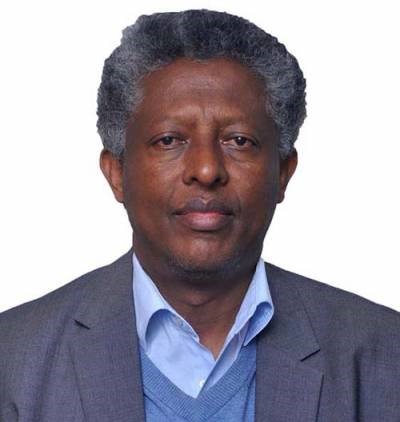Principal Investigator
The over-arching aim of this network is to improve the health of people living in some of the poorest countries in the world that carry a disproportionate burden of infectious diseases. Despite their importance, the study of many tropical diseases has lagged behind that of diseases of developed countries. This network will redress the balance by performing high quality research into two neglected tropical diseases, human African Trypanosomiasis (HAT) and schistosomiasis. Our aim is to investigate the genetic determinants of the human reservoirs of HAT and schistosomiasis, filling an important knowledge gap, while extending and strengthening the underpinning infrastructure to deliver these scientific objectives in particular by developing the next generation of African geneticists.
Scientific Description:
To identify the genetic determinants of susceptibility and tolerance (asymptomatics) to HAT.
To investigate the role of the parasite in the determination of these HAT phenotypes and identify the interplay between the parasite and host genetics.
To identify the host genetic determinants underpinning high egg burden for schistosomiasis.
Lay Description:
The over-arching aim of this network is to improve the health of people living in some of the poorest countries in the world that carry a disproportionate burden of infectious diseases. Human African Trypanosomiasis (HAT) is caused by a single-celled parasite whilst schistosomiasis is caused by a parasitic worm. They are two of the most important of the neglected tropical diseases. Both diseases are targeted for elimination by the World Health Organisation but the current control strategies are inhibited by failure to target and treat some of the people that maintain the reservoir of infection. The aim of this project is to apply the latest advances in scientific research to identify these people and understand their response to infection, and in the process train the next generation of African scientists in these advances. Our research strategy will exploit the fact that some people are naturally able to control or even eliminate the parasites that cause the disease whilst others cannot. By comparing the genes in resistant and susceptible people we will identify genes and molecular pathways that are crucial in controlling the disease. This data will inform better targeted strategies for the control of disease transmission.
Updated Aims:
Below are TrypanoGEN Research Themes that we wish to protect with respect to use of sequence data generated from our project:
- Susceptibility markers for human African Trypanosomiasis and Schistosomiasis
- APOL1 Haplotypes in trypanosomiasis endemic areas
- Interplay between APOL1, Trypanosomiasis and chronic kidney disease
- Non-Human sequences within the TrypanoGEN whole genome sequences



